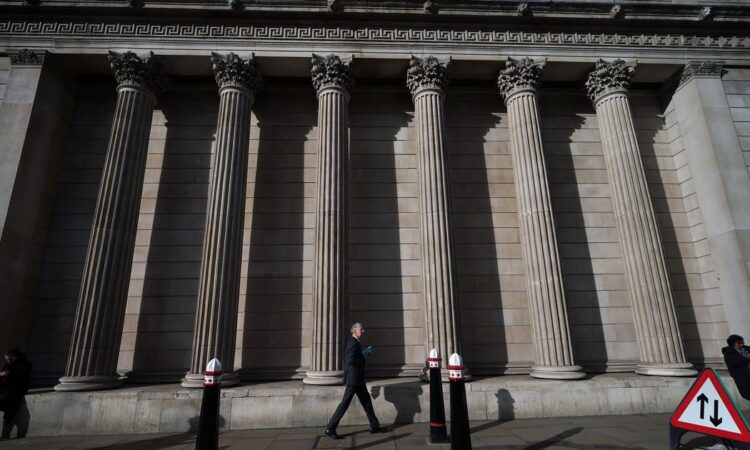
Economists are warning that an increase to the UK’s minimum wage could make it harder to keep inflation low, which could mean it takes longer for interest rates to come down.
The national living wage is going up by almost 10 per cent from today (April 1). The lowest paid workers in the UK will see their wage go up by 9.8 per cent to £11.44 an hour.
Some experts think this hike in wages could stop inflation from dropping as fast as expected. CPI inflation peaked at 11.1 per cent before a slump over the past year, with higher interest rates helping to bring it back down to 3.4 per cent.
Ashley Webb, UK economist at consultancy Capital Economics said: “The fear is that the rise this year will contribute to stickier wage growth and inflation.”
However, some have downplayed the impact, with only around 4.9 per cent of the UK workforce due to impacted by the increase. Experts at Morgan Stanley said: “While there are some nuances around existing premiums to the currently mandated national living wage in low-paid sectors, and whether these compress in a looser labour market, last year’s pay beats in spring came on the back of IT, finance and professional services sector pay – not any outsized surprises on low-paid sectors.”
Nevertheless, the impending rise will raise questions for Bank of England’s Monetary Policy Committee (MPC) as it assesses the inflation outlook and considers reducing interest rates from 5.25 per cent, where it has stayed for several months. The group of rate-setters have indicated they want to see firm signs that wage growth is cooling before cutting rates.
EY Item Club chief economic adviser Martin Beck said the Bank of England will likely want to assess the impact of wage growth before introducing any significant cuts to interest rates. He said: “Following accusations that policymakers were behind the curve in tightening policy when inflation was heading up, the MPC may well decide it’s appropriate to exercise further caution in bringing rates down.
“Assessing the effect of April’s large rise in the national living wage on broader pay growth offers another reason for inaction for the time being.”
Bank governor Andrew Bailey has previously said the economy is “not yet at the point” where rates can be lowered, but things are “moving in the right direction”. Markets are currently pricing in a reduction of interest rates to around 4.5 per cent by the end of the year.
Meanwhile, economists at PwC suggested the wage rise with cuts to national insurance and slower inflation could help retailers. It comes after Next and Tesco indicated spending could be supported by the minimum wage rise.
Many home owners will be eagerly awaiting a decrease in interest rates. Although mortgage rates have come down slightly since December, around 45 per cent of fixed-rate mortgage holders are facing higher monthly repayments when they reprice their mortgage by the end of 2026.
There has also been an ongoing trend towards longer-term mortgages, with about half of all loans issued in the last three months of 2023 given terms of 30 years or longer.





